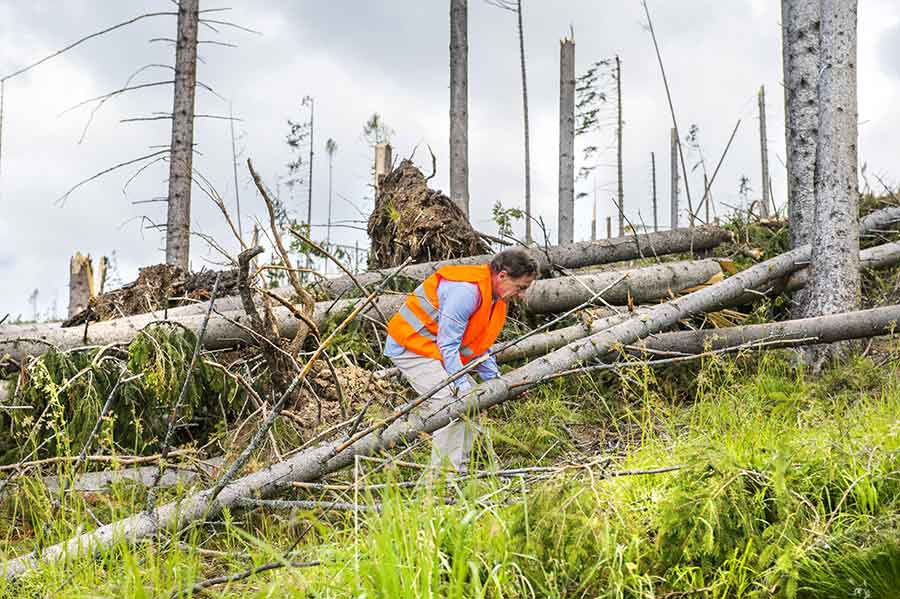After a disaster it is safe to say that bills and other expenses can begin to add up fast. In this case, you need to know where you stand from a tax point of view. Believe it or not, there are many tax relief options for disaster victims. If you do not take full advantage of what the IRS offers you are making a mistake. Why not cut yourself a break? You have enough going on.
Here is some important tax relief information to consider if you recently been a victim of a disaster:
- Document all damages. It is important that you do this so you can show your losses instead of just telling the IRS what happened. Be sure to keep receipts, take photographs, and write down all details that are important to your case. By doing all this you can easily calculate your losses. Although you may not feel like putting a lot of time into this portion of the process, it is very important. Difficult as it may be, you want to make sure that everything is properly documented.
- Meet with a tax preparer. Simply put, you need professional tax assistance in this case. There are entirely too many details for you to think that you can handle them all without the help of an outsider. Anybody who has been a victim of a disaster should meet with a qualified and experienced tax preparer who knows which forms need to be filled out, as well as the details that should be included. Tax codes change all the time, so make sure you are working with a licensed tax professional who is current with what is going on.
- Assess value before and after. It is important that you know the fair market value of your property before the damage, as well as afterwards. If your home was destroyed entirely, such by a fire, make sure you know the value of the land.
- Collect all the proper documents and information. This includes: photo ID, social security card, insurance claims, reimbursement records, FEMA claims, FEMA reimbursement records, SBA claims, SBA reimbursement records, 1099, W-2, police reports, receipts, and a list of all items that were damaged.
Along with the above information it is important to note one more thing: the IRS is usually more willing to abate or eliminate some penalties with a disaster victim. This includes penalties for failing to file and failing to pay. Of course, you will have to prove that you were a victim of a disaster. Fortunately, the four steps above will help you to do just that.
Disaster victims can and should receive tax relief from the IRS. If you feel that you qualify, the four steps above can help you find out for sure. Once you hire a tax professional with experience you will be moving forward and ensuring that you receive all the proper relief. The IRS is willing to help and work with disaster victims whenever possible. Be sure to take full advantage of everything that is available to you.



Leave a Reply
You must be logged in to post a comment.